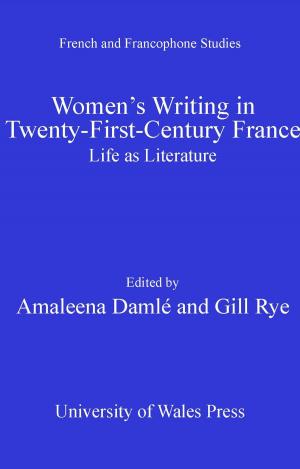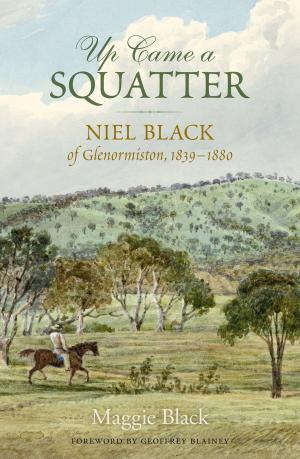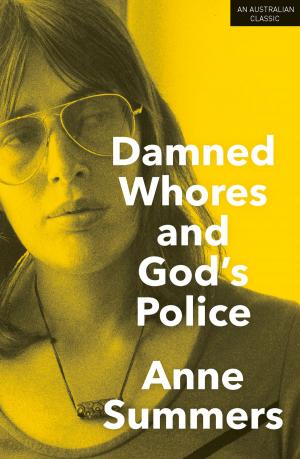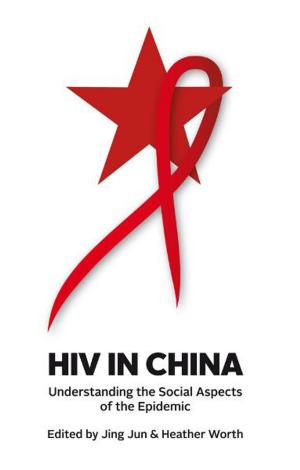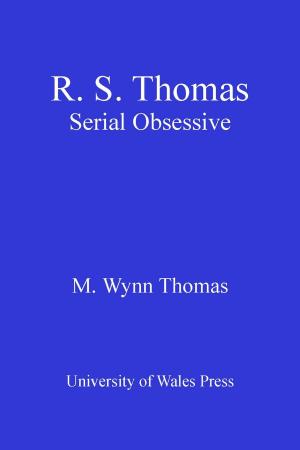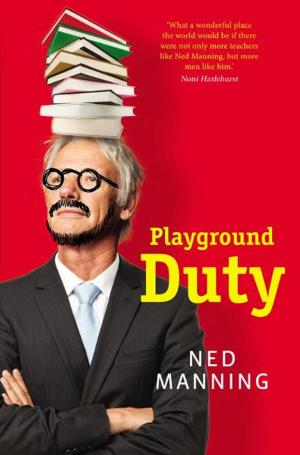Liberating Dylan Thomas
Rescuing a Poet from Psycho-Sexual Servitude
Fiction & Literature, Literary Theory & Criticism, Poetry History & Criticism, British| Author: | Rhian Barfoot | ISBN: | 9781783161867 |
| Publisher: | University of Wales Press | Publication: | March 15, 2015 |
| Imprint: | University of Wales Press | Language: | English |
| Author: | Rhian Barfoot |
| ISBN: | 9781783161867 |
| Publisher: | University of Wales Press |
| Publication: | March 15, 2015 |
| Imprint: | University of Wales Press |
| Language: | English |
Throughout the history of Thomas’s critical reception, psychoanalytic interpretations have been applied that have privileged the psychosexual over the psycho-linguistic elements of his work. The wealth of sexual and pseudo-sexual imagery has acquired a negative charge, and has been used to evidence claims that Thomas was the epiphon of his own disturbed psyche, thus reducing the poetry to the expression of the poet’s schizoid neuroses. Avoiding the biography-based approaches that have dominated hitherto, Liberating Dylan Thomas rescues his early poetry from the position of servitude to the discursive mastery of psychoanalysis. Placing the poetry and psychoanalysis together in a mutually illuminating dialogue, this book clearly demonstrates the ways in which the vital connection between post-Freudian psychoanalysis and Thomas’s early poetry can be articulated without reductive simplification.
Throughout the history of Thomas’s critical reception, psychoanalytic interpretations have been applied that have privileged the psychosexual over the psycho-linguistic elements of his work. The wealth of sexual and pseudo-sexual imagery has acquired a negative charge, and has been used to evidence claims that Thomas was the epiphon of his own disturbed psyche, thus reducing the poetry to the expression of the poet’s schizoid neuroses. Avoiding the biography-based approaches that have dominated hitherto, Liberating Dylan Thomas rescues his early poetry from the position of servitude to the discursive mastery of psychoanalysis. Placing the poetry and psychoanalysis together in a mutually illuminating dialogue, this book clearly demonstrates the ways in which the vital connection between post-Freudian psychoanalysis and Thomas’s early poetry can be articulated without reductive simplification.


